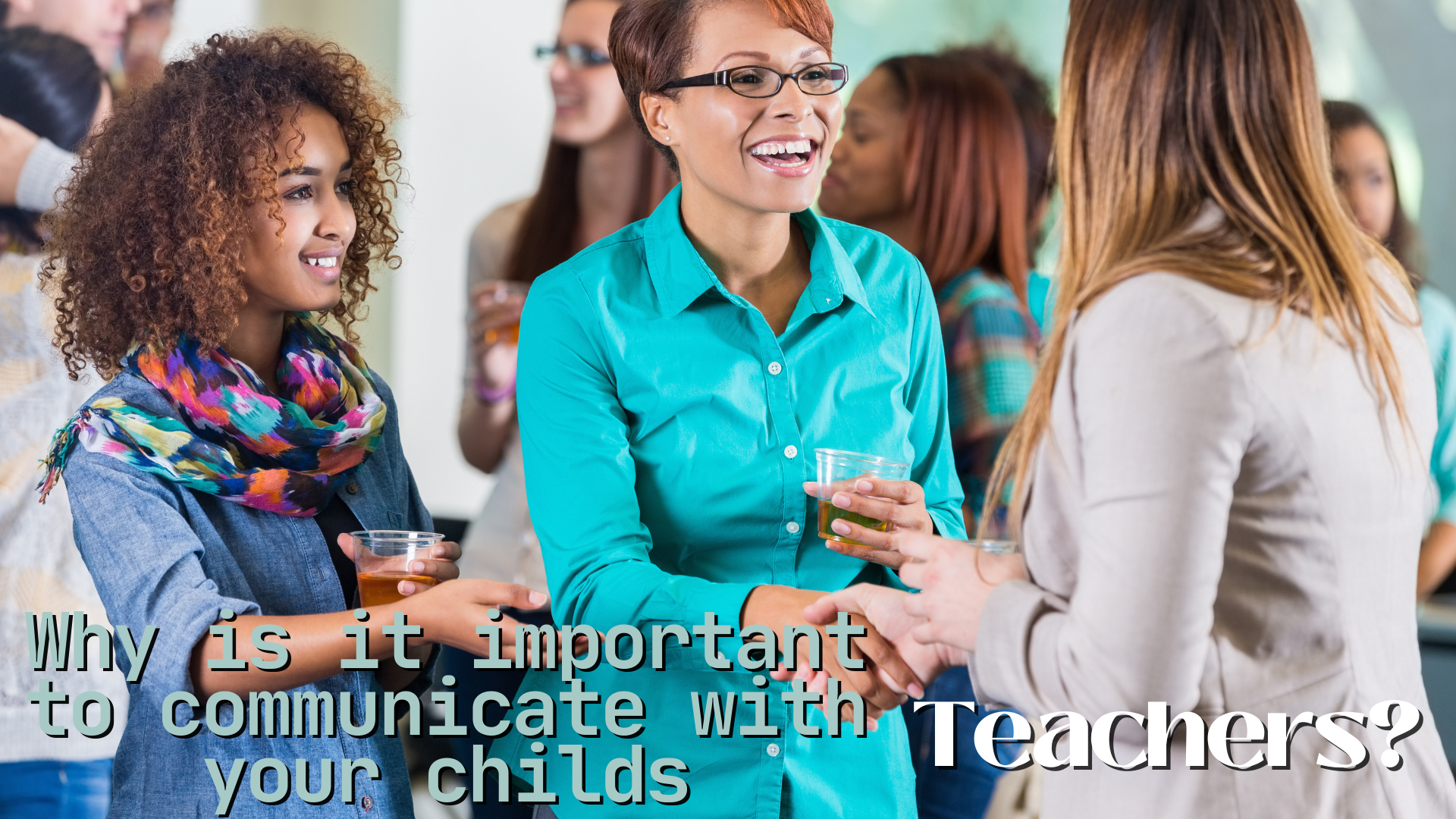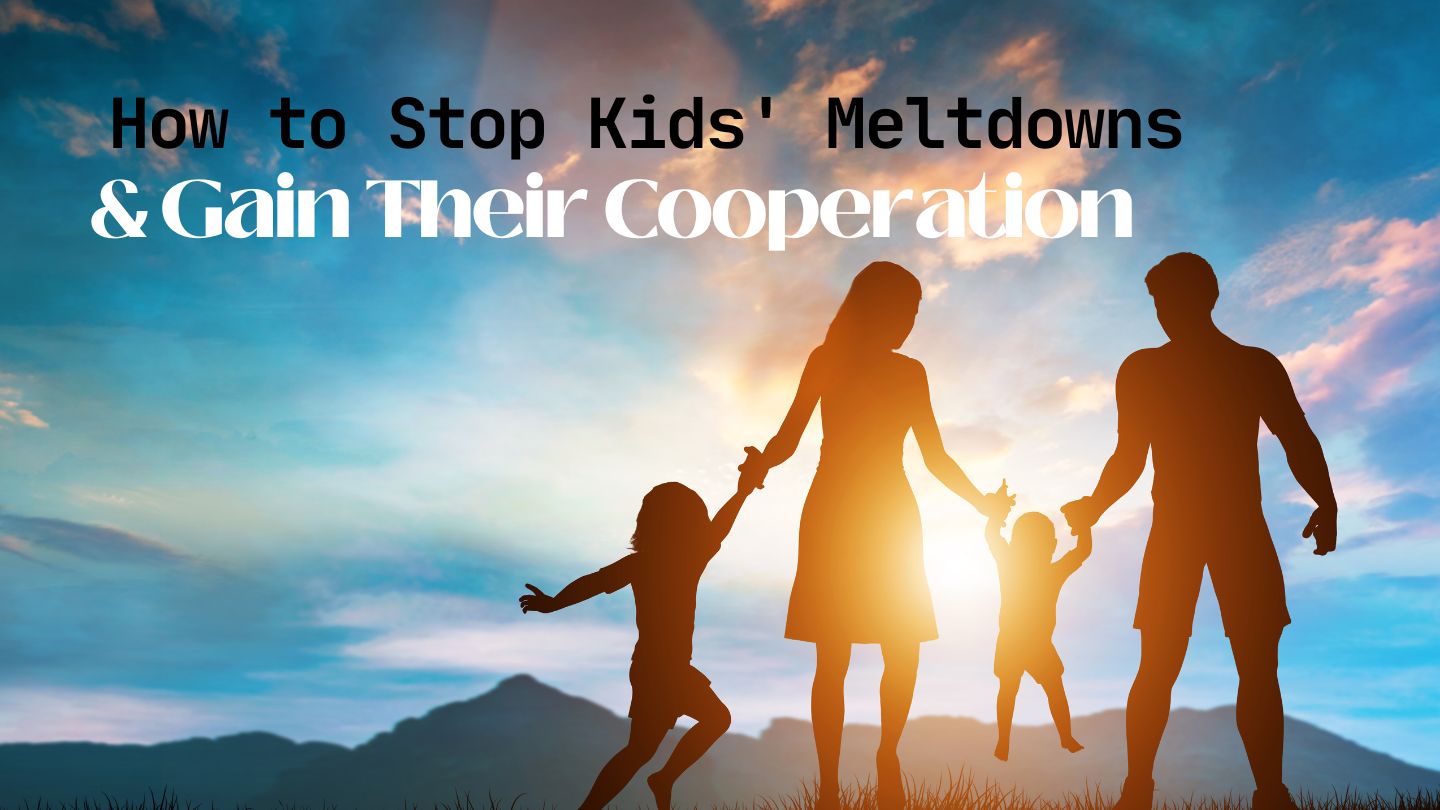Latest From Upschool
- How to Stop Kids’ Meltdowns and Gain Their Cooperation
- Making Big Decisions When You and Your Co-Parent Disagree
- Building Your Child’s Self Esteem
- Separation Anxiety & Starting School
- Why Parents Should Listen to Kids
- How To Raise Emotionally Intelligent Children
- How to Combat End of Year Fatigue
- Navigating Technology and Kids: A Guide for Parents
-
-
No videos yet!
Click on "Watch later" to put videos here
- View all videos
-
-
-
Don't miss new videos
Sign in to see updates from your favourite channels
-

Parent-teacher communication is crucial for several reasons, as it plays a significant role in a student's education and overall development. Here are some key reasons why parent-teacher communication is important:
Student Success:
Effective communication between parents and teachers allows for a collaborative approach to support student success. Teachers can provide insights into a student's academic progress and behavior in the classroom, while parents can share valuable information about the child's strengths, weaknesses, and learning style. Together, they can tailor strategies and interventions to help the student thrive.
Early Intervention:
Regular communication between parents and teachers can help identify issues or challenges a student may be facing in their academic or social life. This early intervention can prevent problems from escalating and provide timely support to address the student's needs.
Academic Support:
Parents and teachers can work together to ensure that a student receives the necessary academic support. This may involve additional tutoring, accommodations, or modifications to the curriculum to meet the student's individual learning needs.
Behaviour and Discipline: When parents and teachers communicate, they can address behavioral issues more effectively. Consistent expectations and consequences both at home and in school create a cohesive approach to discipline, helping students understand the importance of respectful and responsible behaviour.
Progress Tracking:
Regular updates from teachers help parents track their child's academic progress. This information allows parents to celebrate achievements, address areas of concern, and set realistic academic goals for their child.
Family Involvement: Effective parent-teacher communication encourages family involvement in a child's education. Engaged parents often participate in school events, volunteer opportunities, and parent-teacher associations, which can contribute to a positive school environment and the overall success of the school community.
Emotional and Social Development:
Parents and teachers can collaborate to support a student's emotional and social development. They can work together to address issues like bullying, peer relationships, and emotional well-being. This partnership promotes a well-rounded education that goes beyond academic achievement.
Trust and Relationship Building:
Establishing open and constructive communication between parents and teachers builds trust and positive relationships. When both parties feel comfortable sharing information and discussing concerns, it fosters a supportive educational environment.
Consistency:
Consistency in expectations and support between home and school is essential for a student's well-being. When parents and teachers communicate, they can ensure that the student receives consistent guidance and reinforcement of core values and learning objectives.
In summary, parent-teacher communication is important because it promotes a collaborative and supportive educational environment that prioritizes the well-being and academic success of students. It enables the sharing of information, early intervention, and tailored support to meet the unique needs of each child. Ultimately, this partnership benefits the student and contributes to their overall development and future success.




